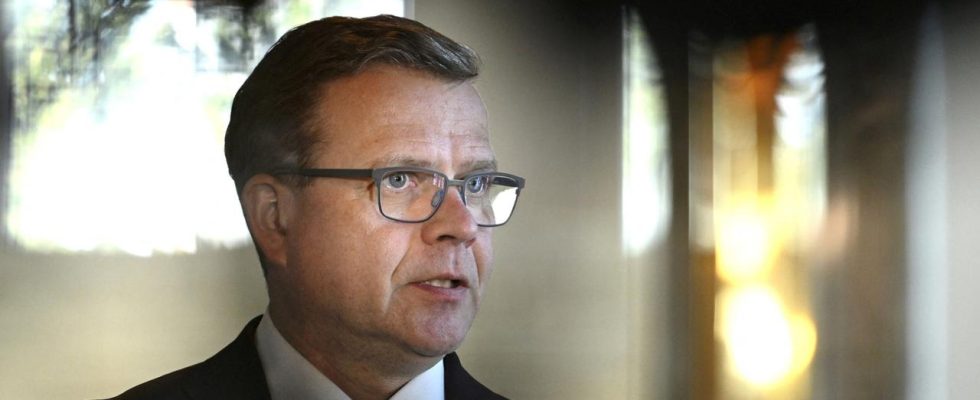After the election victory of the conservative National Coalition Party, party leader Orpo is aiming for a centre-right alliance. The right-wing populist Finns party is also on board. There is still disagreement about immigration policy.
Conservative Finnish politician Petteri Orpo is aiming to form a centre-right coalition after his election victory in the Nordic country. The 53-year-old announced in Helsinki that he would negotiate with the right-wing populist party The Finns, the Swedish People’s Party and the Christian Democrats.
Negotiations are scheduled to begin on May 2nd. Orpo hopes to form a government by June. Orpo’s conservative National Coalition Party became the strongest force in the parliamentary elections on April 2. Right behind her were the right-wing populists led by party leader Riikka Purra and the Social Democrats led by former Prime Minister Sanna Marin, who has headed the government of the EU’s northernmost country since the end of 2019. Marin will remain in office as executive officer until a successor government is formed.
Disagreed on the issue of immigration
In the past few days, Orpo had held exploratory talks with the leaders of the parties. The most important issue for him was the reduction of government spending. Purra is likely to insist on a stricter immigration policy in the upcoming negotiations – Orpo’s conservatives, on the other hand, want to encourage the immigration of foreign workers.
There are also major differences of opinion between the right-wing populists and the Swedish People’s Party. The government negotiations will therefore be anything but easy. The Finns party was already involved in a centre-right government from 2015 to 2017.
Unlike in Denmark, Sweden and Norway, governments with a broad parliamentary majority are common in Finland. For such a majority, Orpo needs either the right-wing populists or the social democrats in his coalition as well as at least one of the smaller parties. The four-party coalition he envisaged would get 108 of the 200 seats in parliament.

